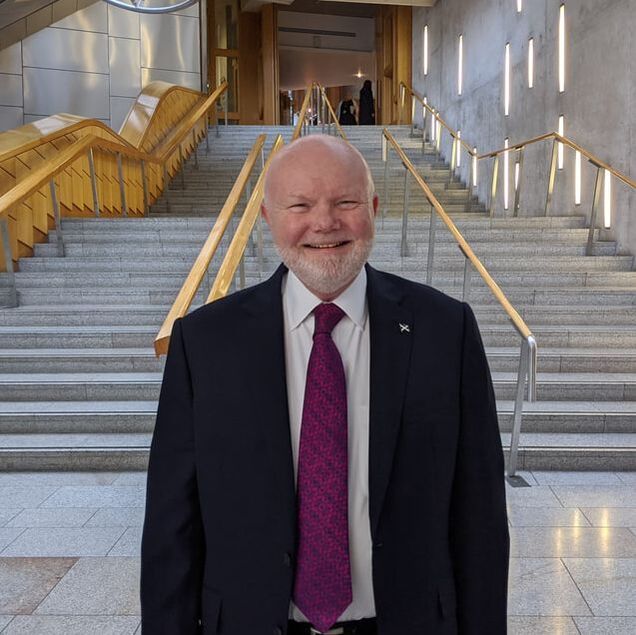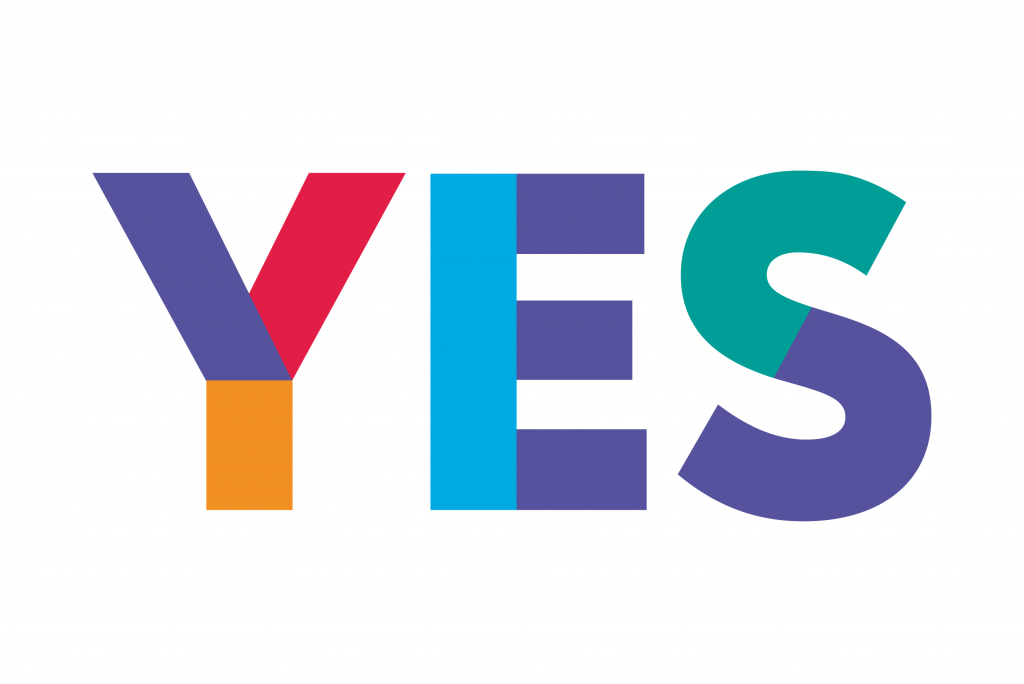|
The European Parliament has been asked to investigate the conduct of UKIP MEP David Coburn after he made Islamophobic remarks, comparing SNP MSP Humza Yousaf to convicted terrorist Abu Hamza.
Humza Yousaf has today (Tuesday) written to European Parliament President Martin Schulz calling for David Coburn’s remarks to be investigated and for disciplinary action to be taken as appropriate. Scotland’s five other MEPs have also written to Mr Schulz backing Humza’s call for an investigation. Yesterday (Monday) it was revealed that Nigel Farage had attempted to laugh off the issue as ‘a joke in poor taste’ and said he would not be taking action as he has ‘many other things on my plate’. It also emerged today that David Coburn had ducked out of a debate at Dundee and Angus College rather than answer to the public for his comments. Commenting, SNP MSP Humza Yousaf said: “The abhorrent remarks made by David Coburn were an absolute disgrace that would not be acceptable for any individual to make, let alone an elected member of the European Parliament. “The European Union rightly prides itself on its promotion of tolerance and inclusion – something David Coburn’s remarks are completely at odds with. “David Coburn’s Islamophobic insult has caused serious offence and anger to the Muslim community in Scotland, the UK and further afield. It is not acceptable and action must be taken. “Bigotry of the kind displayed by David Coburn should not be tolerated and I hope that the European Parliament will send out a strong message by taking action against him.” SNP MEP Alyn Smith added: “David Coburn’s appalling remarks are an absolute embarrassment from an elected parliamentarian. For the sake of the European Parliament’s reputation and common decency, action needs to be taken. I am glad that Scotland's other MEPs can unite to call for such action." A report by homelessness charity Crisis into benefit sanctions revealing a postcode lottery where people are more likely to be penalised has underlined the need for an independent investigation into the practice.
The report found significant variations in sanction rates in different parts of the UK and also found that Aberdeenshire and Clackmannanshire are amongst the areas where people are most likely to be sanctioned. Jon Sparkes, Chief Executive of Crisis, responded to the report saying “evidence is mounting of a punitive and deeply flawed regime” and called on “our next Government to commit to an urgent, wide-ranging review looking at the appropriateness and effectiveness of sanctions, especially for people at risk of or experiencing homelessness.” The SNP has previously called for an independent investigation into evidence that suggests DWP staff are being pressurised into imposing sanctions. A recent PCS survey which found 82% of staff questioned felt that they were under pressure to suggest more people who could be sanctioned, while Inclusion Scotland’s Director of Policy Bill Scott has also told of DWP staff who have been warned that they will be disciplined because they have not imposed enough sanctions. Commenting, SNP MSP Christina McKelvie said: “This report will only add to the mounting concerns over the unfair and punitive way that benefit sanctions are being applied. “The fact that major regional differences have emerged in sanction rates is further evidence that DWP staff in some parts of the country are being pressurised into imposing sanctions. “That is unacceptable and only adds to the sense that Westminster’s sanctions regime is running out of control. “An investigation into this practice that causes such hardship to so many people in difficult circumstances is long overdue and the SNP will continue to press for one to take place.” Criticising the Prime Minister's refusal to take part in more than one General Election TV debate, and trying to remove even that from the campaign period, Scottish National Party Leader Nicola Sturgeon said:
"David Cameron is clearly running scared of having to answer for his government's record of failure and incompetence - and this arrogance in trying to lay down the law is all about getting out of debates, not taking part. "I will debate him anytime, anywhere, on any number of occasions. However we have accepted the broadcasters' proposals, and believe we should stick with that, rather than allow a Tory Prime Minister to dictate the terms of debate." |
Parliamentary WorkArchives
May 2024
Links |




